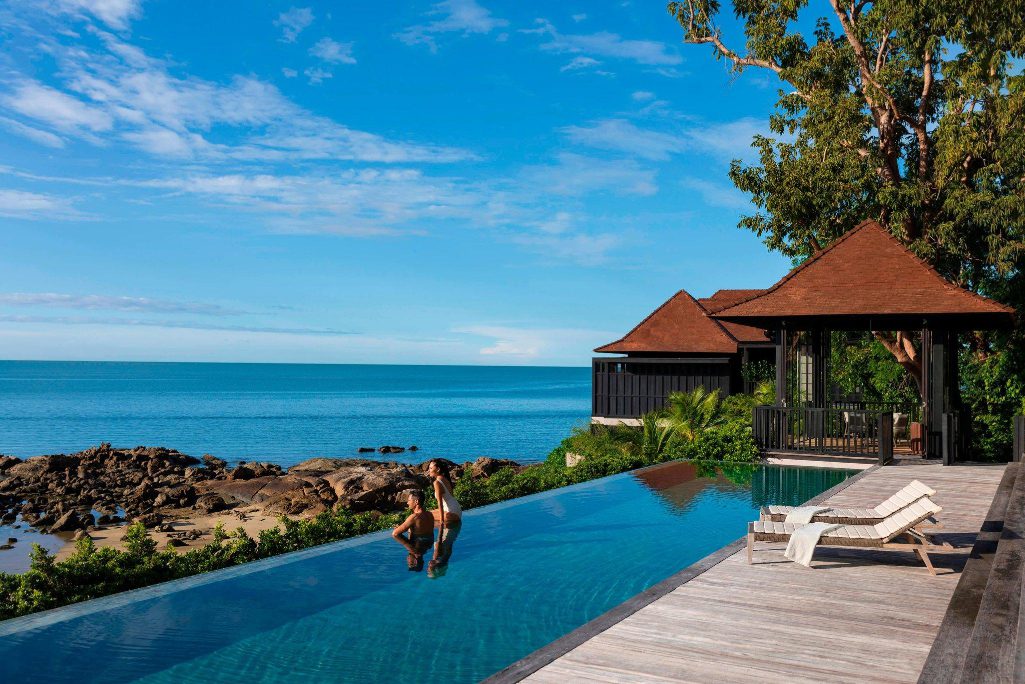Skift Take
Traveloka says that transactions are back to pre-crisis levels in Thailand and Vietnam, two of its key markets. The resumption of domestic tourism is a hopeful sign for the sector.
Southeast Asia’s Traveloka expects to break even by early 2021.
That’s the word from Henry Hendrawan, president of the Jakarta-based unicorn online travel and lifestyle agency, when speaking at the Tech in Asia conference on Tuesday. Hendrawan said he expected profitability in its travel businesses within a year, despite the crisis. Traveloka is privately held
Indonesia’s largest online travel player said in July it had raised $250 million in fresh funding. The company has raised $750 million to date from investors including Expedia Group since 2012.
The funding was a lifeline for the company, as its bookings in April and May had approached zero. Indonesia, which is its home market and largest market, stopped commercial flights in May.
 “In the middle of our business going down to zero, we also had a lot of operational challenges,” Hendrawan said. “Because of the cancellation of travel plans during Covid, at one point, we almost had 150,000 requests for refunds for flights only. That was more than 10 times the previous peak. It was more than $100 million.”
“In the middle of our business going down to zero, we also had a lot of operational challenges,” Hendrawan said. “Because of the cancellation of travel plans during Covid, at one point, we almost had 150,000 requests for refunds for flights only. That was more than 10 times the previous peak. It was more than $100 million.”
Since then, the company’s three biggest markets — Indonesia, Thailand, and Vietnam — have shown a recovery thanks to domestic travel.
“As of today, transactions in Vietnam have returned 100 percent to pre-Covid levels,” Hendrawan said. “Thailand is close to 100 percent as well. In Indonesia, hotel transactions are at about 70 to 75 percent pre-Covid levels.”
Traveloka has always been better at selling domestic and local travel than international travel.
“We feel we are benefiting disproportionately from the recovery versus other travel platforms,” Hendrawan said.
Other Southeast Asian players include Priceline Group’s Agoda, Tiket, AirAsia.com, and Alibaba’s Fliggy.
The company president was coy about whether revenue had recovered in line with bookings. Hendrawan noted that transaction size was smaller, on average, with hotel stays not being as long as before, for example. Indonesia has the most extensive internet user base in the region, but the crisis has hurt its economy.
Yet Hendrawan said the company has emerged in a stronger financial position from the crisis.
“We cut a lot of fat,” Hendrawan said. “We strengthened our muscle as well.”
While that may be true, Traveloka’s valuation decreased by 17 percent to about $2.75 billion from its last fundraising, according to Bloomberg News.
Traveloka may look for growth beyond its traditional travel categories.
“We’re expanding in lifestyle and financial service,” Hendrawan said. The company has already added lifestyle services like movie ticket booking, spa services booking, and sales of restaurant vouchers. Last year, Traveloka launched a credit card.
The Daily Newsletter
Our daily coverage of the global travel industry. Written by editors and analysts from across Skift’s brands.
Have a confidential tip for Skift? Get in touch
Tags: indonesia, startups, travel startups, Traveloka, vietnam
Photo credit: A pool at the Ritz Carlton Langkawi on Langkawi in Malaysia. It's set within a 10-million-year-old rainforest on the edge of the Andaman Sea. Ritz Carlton
